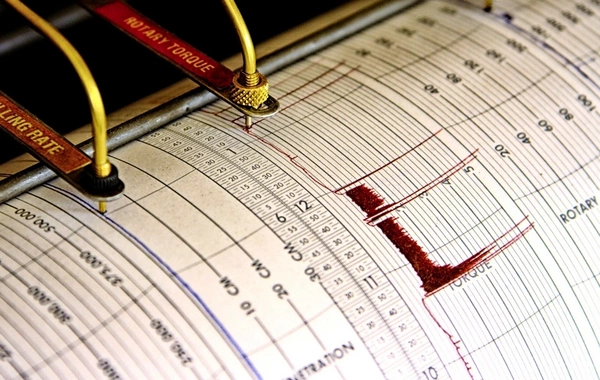The Hidden Factor in the Development of Depression in Middle Age Identified## Conversation with Claude

An international group of scientists has confirmed that prolonged time in front of a television screen increases the likelihood of developing depression in adults. The results of the study are published in the journal European Psychiatry (EuroPsy).
More than 65 thousand volunteers from the Lifelines cohort living in the Northeastern region of the Netherlands participated in the study. Scientists collected information about the health status of volunteers and assessed how much time they spent daily in front of screens. Symptoms of depression in the subjects were assessed using the mini-international neuropsychiatric interview M.I.N.I.
Long television viewing was reliably associated with increased levels of stress, anxiety, depression, and deterioration of sleep.
"Overall, reducing television viewing time by 60 minutes and redistributing it to other activities reduces the likelihood of developing severe depression by 11%. When redistributing 90 and 120 minutes, this probability reduction reaches 25.91%," the researchers clarified.
The benefits of giving up television were particularly pronounced in middle-aged people. In this age group, redistributing 60 minutes a day from watching television to other activities reduced the likelihood of developing depression by 18.78%. Redistributing 90 minutes led to a 29% reduction in probability, and 120 minutes - by 43%.
In the elderly, such an effect was observed only during sports activities. In young volunteers, no connection between physical activity, television viewing, and depression was found.
Similar News
How can foreigners obtain citizenship of Azerbaijan? - RULES
The main legislative act regulating the acquisition of Azerbaijani citizenship is the law "On Citizenship of the Republic of Azerbaijan," as well as correspondi...




 Azərbaycanca
Azərbaycanca  По-русски
По-русски  English
English 






